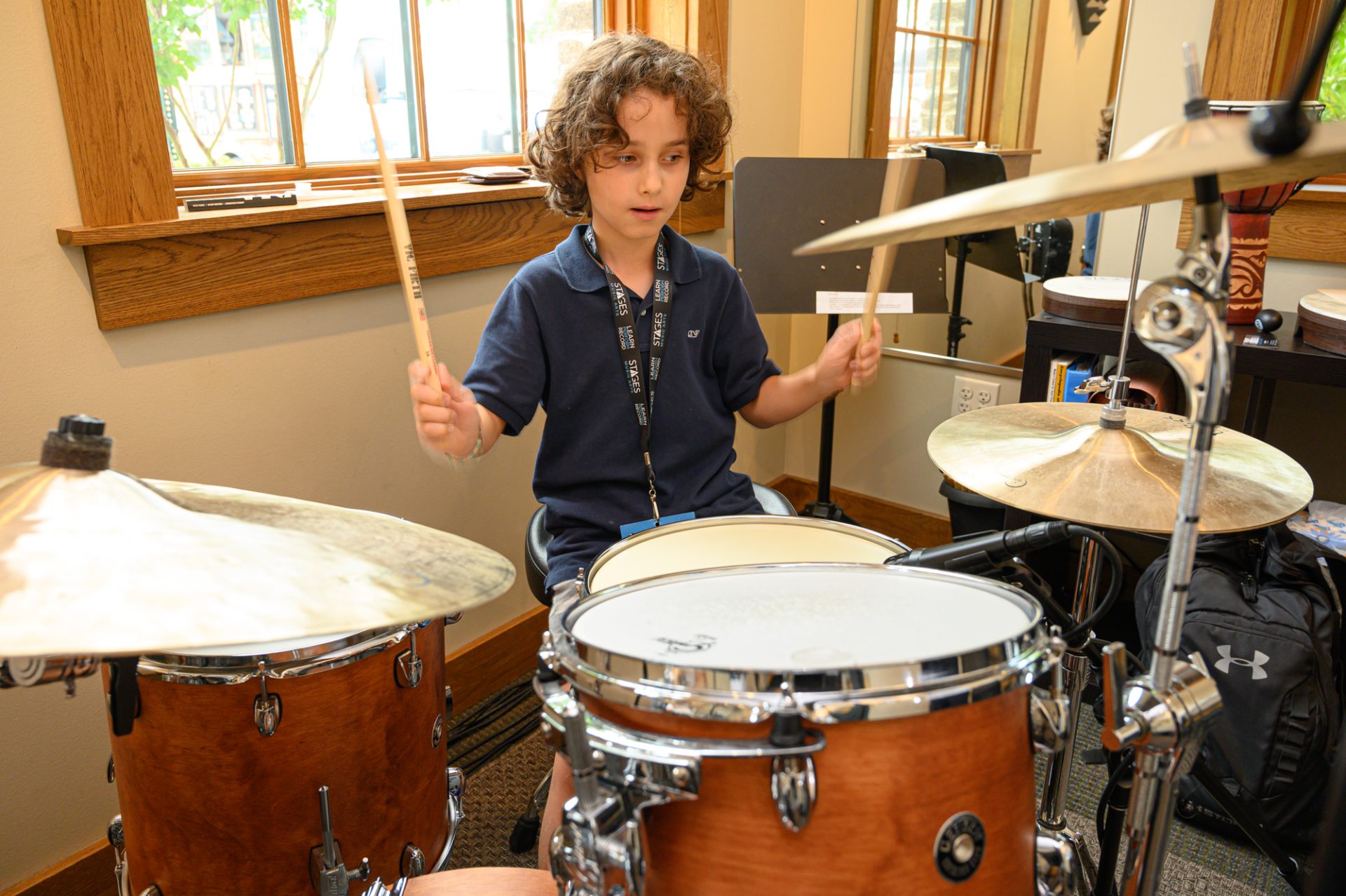Help! My Kids Won’t Practice! 10 Solutions for Parents


By: Molly Garrett, Voice, Piano, Guitar & Ukulele Instructor
If you’re reading this, chances are you’re grappling with a common dilemma faced by many parents of budding musicians: getting your kids to practice their instruments regularly.
As a private music instructor with years of experience, I understand the frustration and challenges you might be facing. But fear not!
In this blog, I will share some effective strategies to encourage your kids to embrace the joy of practicing their instruments.
One of the most critical factors in motivating your kids to practice is creating a positive and conducive practice environment. Ensure that the practice area is well-lit, comfortable, and free from distractions.
Keep in mind that some kids will practice better with privacy (especially voice students who may be uncomfortable practicing in front of others at all) while some may need some supervision and reminders to stay on track, especially at first. Having a dedicated space for practice can make a world of difference in your child’s willingness to sit down and practice regularly.
Work with your child to set achievable, short-term goals. Make these goals specific, measurable, and time-bound. For example, instead of saying, “Practice for an hour every day,” try, “Practice for 10 minutes every day this week.”
This approach makes the task seem less daunting and provides a sense of accomplishment when goals are met. If you’re unsure of what a realistic goal may be, ask your child’s instructor during their next lesson.
Consistency is key to forming any habit, including practicing an instrument. Encourage your child to practice at the same time each day, preferably when they are most alert and focused. This routine will help them develop a practice habit that becomes ingrained in their daily schedule.
While it’s essential to encourage your child to practice, avoid becoming overbearing or pushing too hard. Show interest in their progress, ask about their practice, and offer praise for their efforts – no matter how small. A supportive attitude will foster a positive attitude towards practicing.
Practice doesn’t have to be a dull and monotonous task. Incorporate elements of fun into your child’s practice routine. This could involve playing duets with them, introducing games related to music theory, or even allowing them to choose some of the songs they practice. When kids enjoy what they’re doing, they are more likely to stick with it.
A little motivation can go a long way. Consider implementing a reward system for consistent practice. Rewards could include extra playtime, a special treat, or a small token of appreciation. These incentives can help your child stay motivated and engaged.
Recording your child’s progress can be an excellent motivator. Record their practice sessions or performances and play them back together. This not only helps them see how far they’ve come but also fosters a sense of pride and accomplishment.
Remember that learning an instrument is a journey, not a destination. There will be days when your child may not want to practice, or they may struggle with a challenging piece. Be patient and understanding during these moments. Offer your support and reassurance, and remind them of their goals and the joy that music can bring.
Find out what music genres or artists your child is passionate about and try to incorporate those interests into their practice. Learning a piece from their favorite band or artist can be a powerful motivator.
Finally, lead by example. If your child sees you pursuing your own hobbies and passions with dedication, they are more likely to follow suit. Share your own experiences with practicing or learning new skills to show them that the journey is worth it.
Getting your kids to practice their instruments may not always be easy, but it is undoubtedly worthwhile. With patience, a positive attitude, and these strategies in your parenting toolbox, you can help your child develop a lifelong love for music and the discipline to excel in their musical pursuits.
Remember that your support and encouragement play a pivotal role in their musical journey, so stay committed and enjoy the beautiful melodies that will undoubtedly fill your home in the future.
Sign up with your email address to receive news and updates.